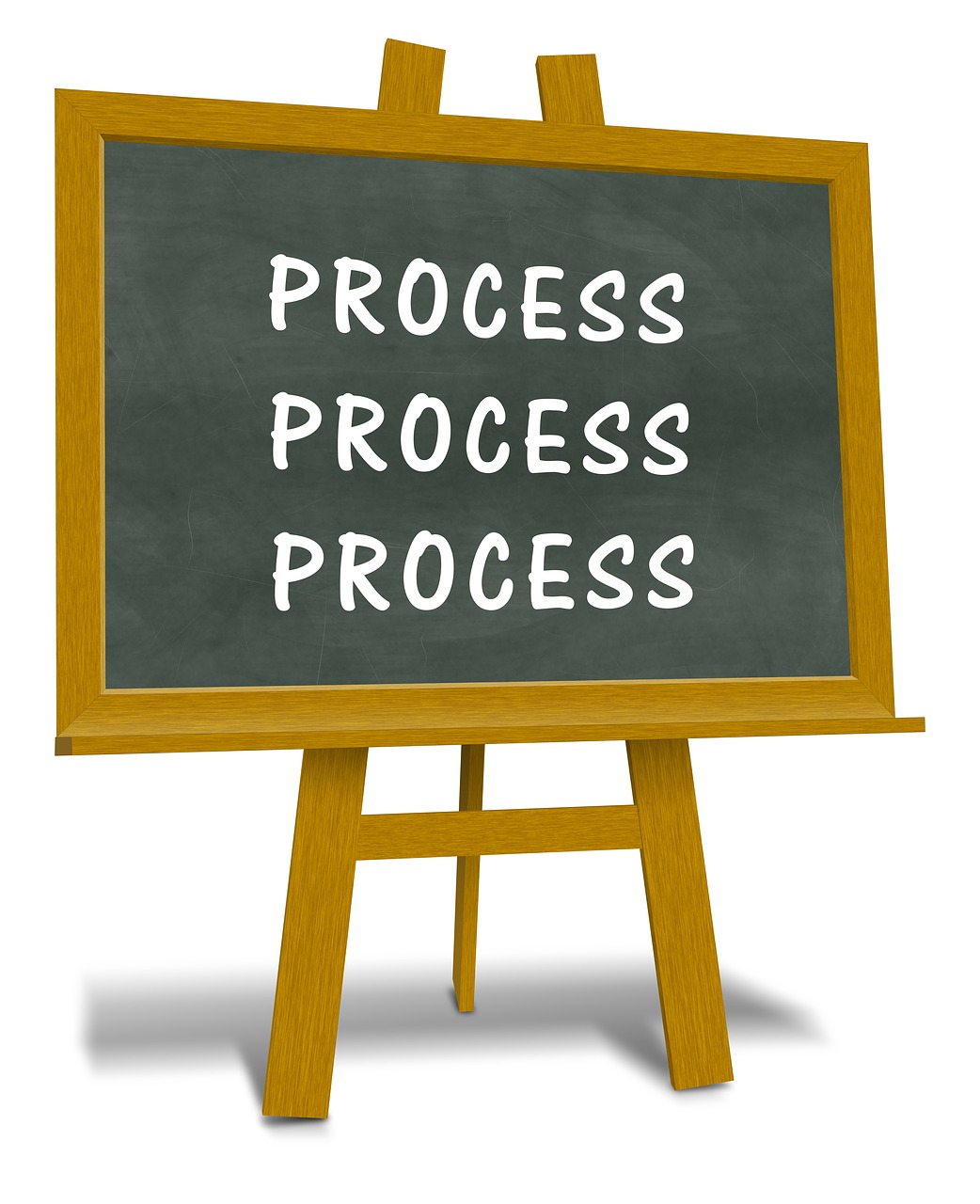Business Applications are increasingly commoditised - a subscription away from the next best thing in business applications. The applications are designed to get you "productive" in the shortest possible time (especially when there is a short time for trial). Each application may perform one specific, or a number of related functions. So, what are the risks these apps can impose on your business, its processes, and most importantly, your clients data?

Consumer apps operate in isolation
If you decide to change they way you write an email, or the order in which you watch a list of videos - it affects nobody else but you. There are many ways that lead to success (or perceived success). We have become so accustomed to "do it our way", that we assume that everything simply must follow that doctrine. After all - aren't we the masters of our devices?
Myopic world-view of the user
Any user tries to make their task easier, quicker, more efficient. With the consumer app, this is not a problem - nobody else was affected. Now consider the corporate environment. This attitude is unthinkable. There is a process, and you will have to follow it. Why? Because otherwise, the systems simply fail, and there are safeguards (read: controllers and auditors) in place to ensure you follow the process as designed.
In the small business environment, this is a bit less obvious. We tend to behave as it is a "consumer" environment. It is not. Even for the Solopreneur, it is important to not lose sight of the integrations.
For example - changing the way you set up online payments may affect the way your accounts are populated in your accounting package. Or simply not receiving or issuing stock via your inventory app - as it is "easier to just take and send it as needed" provides a massive headache later when reconciling the physical inventory with your systems. "It is all too hard!".
In business, everything is a process, and all processes consist of one step leading to another. A random action does not automatically result in predictable outcomes.

The customer journey is the first and final victim
Running a small business is hard work. If you thought it was and easy way to get rich fast, you'll be very disappointed. It usually is a "get rich slowly, if you ever get there, and with the blood, sweat and tears of hard work". We are often seduced to take a shortcut. Or "build exceptions" to help the customer. But are we really making things easier for the customer?
What is a customer journey anyway? Is it "anyway the customer wants to complete a transaction"? We'd be inclined to say "YES!" - the customer is always right!
This is not true. The more options you provide to a customer, the more confusing it will get. The "dichotomy of choice" is a real thing - a convenience store with 15 types of peanut butter inevitably sells less peanut butter than the one only selling two. The most successful companies drive the customer into the most efficient way of buying - they don't offer "any way you want".
For example - how many ways are there to subscribe to Netflix, or Spotify? How many ways are there to buy something on Amazon, or eBay? There are a few, these are non-negotiable - as a client, there are no other ways to complete the process.

Offering too many pathways confuses your customer. Without a doubt. It also makes your system very difficult to manage - "computers are stupid" - your business system consists of a set of interlinked and integrated steps - changing a step requires either to have alternative pathways created, or manual work. And this is where the whole system comes crashing down - nobody wants to do manual work what could be automated. Especially in the small business environment - there is no time.
The solution?
The KISS principle! Keep It Simple, Stupid! Less is more. Follow these simple steps and keep your system from cluttering, and keep your customers happy with predictable pathways. Ask the following questions:
- What problem am I solving? - if the answer is unclear, then maybe you do not need a solution.
- Whose problem is it? - how does it affect the customer, if at all?
- What happens when you "solve" the problem? - did you really solve it, or cause problems down the line? Any exemption to a rule you try to cater for creates inherent complexity in the system; things will break, usually at the expense of your customer.
